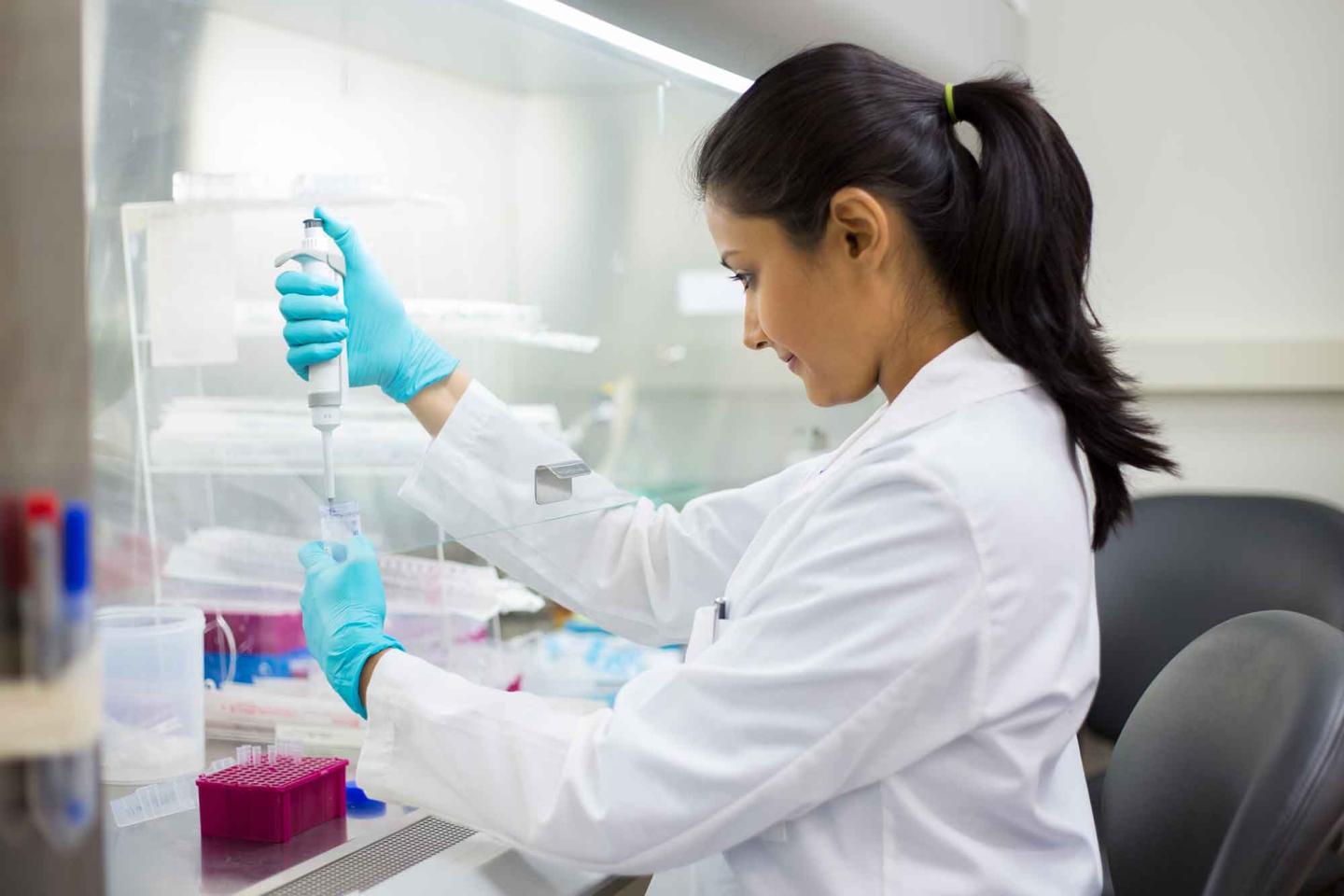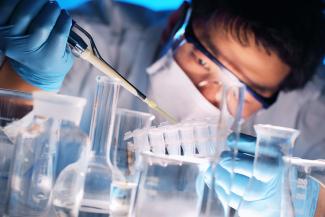The School of Medical Laboratory Science is a mission-driven educational program. Learn more about our program mission, vision and goals.
Program Mission
The mission of the Medical Laboratory Science program is to recruit, educate, and prepare highly competent medical laboratory scientists to serve their patients and the healthcare profession while demonstrating high ethical and moral standards and the utmost in technical competence.
Program Vision
The University of Tennessee Medical Center Medical Laboratory Science program is committed to improving the quality of life of those we serve. We do this by being one of the leading programs in the state, with recognition of graduates for leadership, compassion and clinical expertise.
Program Goals
The goals of the University of Tennessee Medical Center Medical Laboratory Science program are to:
- Provide conscientious, caring, skilled medical laboratory scientists. As a result, these scientists are highly capable of comprehending, practicing, and furthering medical laboratory science, while meeting healthcare needs in the region.
- Uphold and promote the academic standards of the National Accrediting Agency for Clinical Laboratory Sciences (NAACLS), the State of Tennessee Medical Laboratory Board, and the University of Tennessee.
- Provide an appropriate combination of didactic and clinical experiences. Above all, we do this so that the students will develop competency in the skills needed to meet challenges of the profession.
- Provide a stimulating atmosphere for students, faculty and laboratory staff. Thus, our students develop the desire for learning and the development of new knowledge to respond to changing demands of the profession.
- Maintain a source of professionals who participate in bringing new knowledge to the clinical laboratories. This is accomplished through research and continuing education.
- Develop graduates with the capacity to participate in leadership roles in education and management.
- Promote interest in the growth of medical laboratory science as a profession.
- Through clinical experience and the gradual reduction of supervision, students develop professional skills. These include the ability to organize work, make judgments and evaluations, handle problems and embrace professional responsibility. The student has the obligation to attain and maintain the expected competency in all areas pertinent to medical laboratory science.
Program Outcomes
As reported to NAACLS, our accrediting agency, here are our statistics for 2022-2024:
2022
- 97% graduation rate
- 100% job placement rate
- 100% pass rate for the ASCP Board of Certification examination
- 9% attrition rate
2023
- 100% graduation rate
- 100% job placement rate
- 100% pass rate for the ASCP Board of Certification examination
- 0% attrition rate
2024
- 100% graduation rate
- 100% job placement rate
- 100% pass rate for the ASCP Board of Certification examination
- 0% attrition rate

